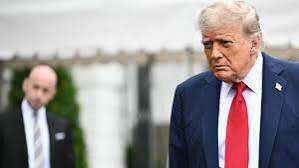There is comfort in speaking of “the Iranian people” as though we are one unified bloc. But like most societies, Iranians hold divergent views. When fighting first broke out, there were people who were glad to see a foreign power targeting the widely disliked Islamic Revolutionary Guard Corps (IRGC) top brass, at least in the beginning. But others – though dissidents themselves – deeply resented the idea of foreign invasion. Some hardliners saw this war as a messianic mission to be carried through to the bitter end; others were numb to what was happening.
It would be foolish to trust Israel with a ceasefire. The country has a track record of violating agreements with impunity. That means a Damoclean sword still hangs over Tehran, even as the sound of explosions fades. From afar, this city of over 10 million people may appear to have returned to its usual bustle. But uncertainty still hangs in the air, and what makes it worse is the absence of any credible broker capable of ending the war. For many here, the west’s tacit, explicit or even active participation in the conflict disqualifies it from any role as a good-faith negotiator.






